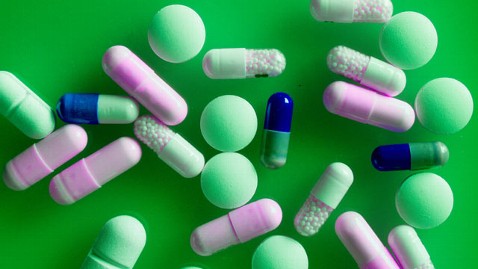
University of Maryland head basketball coach Brenda Frese is not afraid of challenging authority, especially off the court when it involves her 4-year-old son, Tyler, who has leukemia. Frese was shocked when she discovered that the treatment he required was threatened by a cancer drug shortage.
"Let's wake up here," Frese told ABC News. "How many people have to die. … It makes me sick to my stomach to think about it."
So Frese wrote to her congressman, Elijah Cummings, D-Md., and found out that fake pharmacies are one big reason for the shortage.
"What they do is, they horde the drugs and basically create the shortage," Cummings said. "Not only is it insensitive, it's criminal."
Here's how it works: The fake pharmacy, which is licensed, acts as a middleman. But rather than dispensing short-supply drugs to patients, as their licenses require, they buy drugs from the manufacturer, then sell the drug to a wholesale company they also own. The wholesale company, which is often at the same address as the fake pharmacy, then offers the drugs to desperate hospitals, often at an even higher price.
Investigators say fake pharmacies sold a $15 vial of cancer-fighting fluorouracil to hospitals for $350.
Congress sent 19 letters to supposed pharmacies across the country this week and are working with state authorities to pull their licenses. North Carolina closed one that never actually saw any customers, and whose shelves had few drugs, only those that were in short supply.
"We're paying a ridiculous price for many of these drugs, sometimes marked up 100, 200, 300 percent for a drug that we get for a couple of bucks," said Dr. Jennifer Brandt, clinical specialist pharmacist at Washington Hospital Center.
It's an illegal action that creates shortages, increases costs and threatens cancer treatments for patients like Tyler Frese.
沒有留言:
張貼留言